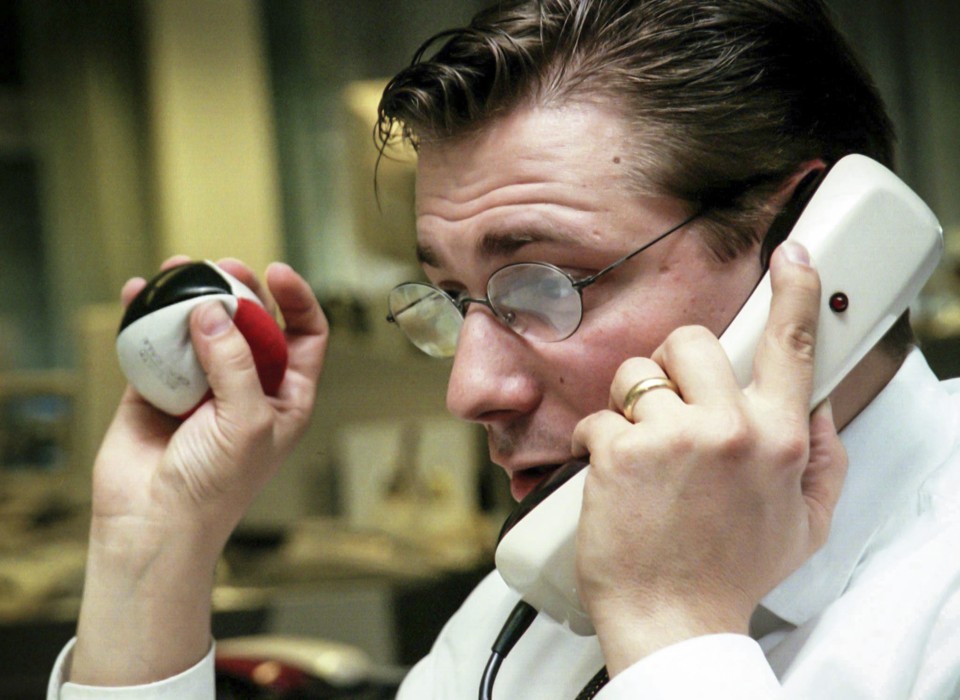As someone with ADHD-inattentative variant, I can say that having things to fidget with helped me. I don't have the studies to link to, but I'm pretty sure studies have confirmed the same with ADD children, and even children without ADHD.
What is required is something that one can fidget with that does not distract the mind from what their listening too. This is less about how distracting something is and more about they type of distraction. It's hard to really explain the distinction, but basically something that is entirely physical is a better distraction because it doesn't use the part of the mind that focuses on teachers words, allowing two stimuli that don't interfere with each other.
Having said that I'm not sure how significant an affect Fidget's would be. I have not seen a study specifically in Fidget's. Again I stress the challenge is not finding things that are of 'limited' distraction, but finding things that can be done in parallel with processing written words. That means finding one or two toys that require physical actions that are in some way repetitive, so he's not distracted figuring out how to use them, but also provide enough interest/challenge to keep his focus. The wrong toy with too much novelty can be a distraction while he is learning it's novelty, alternatively a toy that is too repetitive without a challenge may grow boring too quickly to lend much benefit. It can take some trial and error to find a good 'fit', to identify what provides stimulus without distraction. I don't know if these fidgets would work, though I would think they are worth trying at least.
Having him try a few and report back which ones he felt he was focusing, and which ones he felt he was actually distracted playing with the device, can help in this regard. Experimenting to find what he feels is the best 'fit' can help to identify which fidgets actually work to help focus the mind. Having some sort of game/challenge/activity he does with the fidget, something purely physical, can also help. For instance I used my watch, strapped around my finger and spun, as a 'fidget' as a child. My challenge was how fast can I spin the watch without risking it being pulled too high on my finger by the centrifugal force that it was at risk of flying off the finger. There was a 'challenge' there, even if it was a small one, which kept things novel. Admittedly it wasn't an ideal choice, since it was particularly distracting to those around me which you don't want, but it worked to help my focus at least.
Actually there is one great focus technique that he has available to him at any time, and I've been told a study has even looked into and confirmed it's effectiveness; the only problem is that adults hate it. Leaning back in your chair, so one is balancing on two legs instead of four, is a very effective method of helping with focus. This is because balance is one of those physical stimulus that doesn't distract or interfere with one's ability to listen and process what a teacher is saying, but it's also a challenge that can be quite stimulating and doesn't really get old. It can help to distract the ADHD part of the mind without interfering with learning ability.
Of course the down side is that teachers hate it because it's distracting, and it can seem odd for a parent to tell a child to lean in his chair. Still, it was a very useful method for me to help me with my focus, and there is a decent chance your son is already doing it (many ADHD kids find and use similar coping mechanisms). Making the teacher's aware of it's beneficial affect so they won't stop your son if he tries it could be helpful.
Unrelated, but another great help to me was engagement with the teachers, in the form of asking and answering questions. It's asking a bit of teachers, and not all will do it, but a teacher who is really trying to help directing a lecture question to your son when he seems particularly distracted, without saying anything about the distraction, can help to reengage him on the lesson. The problem with ADHD is that you don't even realize you have been distracted by something until some time after it happened, having something to refocus you when you haven't realized your drifting can be very useful, if not done in such a way to make him feel guilty or called out for the distraction.
